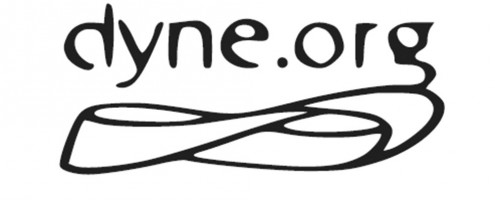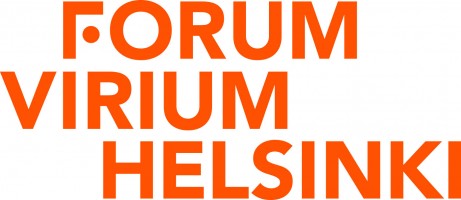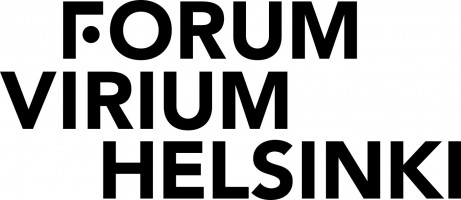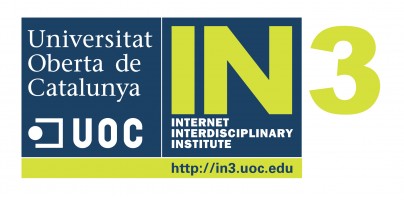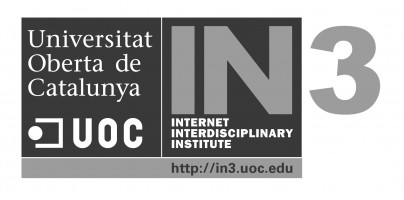Article by Francesca Bria and Elettra Bianchi Dennerlein. The original article was published at the Nesta website.
Four years after the emergence of the revolutionary networked social movement 15M, the newly formed Spanish political party Podemos is now one of the most innovative, growing political parties in Spain and just over three months ago the grassroots citizen-led coalition Barcelona En Comù won the City Council elections in Barcelona forming a network of new democratic Cities that include also Madrid, Zaragoza, Pamplona and others.
D-CENT has been working closely with Barcelona En Comù and Podemos running large-scale pilots in collaboration with the tech and communication team of Barcelona en Comù and LaboDemo, the digital strategy Lab that is driving the participatory infrastructure of Podemos. During the municipal elections Barcelona en Comù used D-CENT tools to engage citizens in voting candidates and writing the political programme. The Barcelona En Comù candidacy was devised by activists involved in the 15M movement in order to turn citizen outrage into political change. The successful elections in Barcelona, Madrid and other Spanish cities show that despite the difficulties in modifying the institutional agenda of the country it is possible for a new form of politics to become institutionalised through democratic network parties providing grassroots led alternatives both at national and municipal level.
To analyse and understand the ways in which it is possible for a decentralised and polycentric movement such as Barcelona en Comù to be voted at institutional level, D-CENT partners IN3 15M Data Analysis Group and Barcelona Media conducted the recently published research ‘When a Movement Becomes a Party: The 2015 Barcelona City Council Election’.
The research aims to investigate the reality of maintaining an open and decentralised structure of the social movement during election campaigns to counter the arguments and previously advanced hypotheses that during the competitive time of elections centralisation is inevitable. By comparing the diffusion network of Barcelona en Comù on Twitter and other social media to ones of other parties running in the election, the research offers insights into the institutionalisation of the new paradigm of bottom up democratic movements.
On the one hand, the 15M movement is based on a decentralised structure. On the other hand, political science literature postulates that parties historically develop oligarchical leadership structures. This tension motivates the researchers to examine whether Barcelona en Comù preserved a decentralisated structure or adopted a conventional centralised organisation. In this report the researchers analyse the Twitter networks of the parties that ran for this election by measuring their hierarchical structure, information efficiency and social resilience.
The results show that in Barcelona en Comù two well-defined groups co-exist: a cluster dominated by the leader and the collective accounts, and another cluster formed by the movement activists. While the former group is highly centralised like the other major parties, the latter one stands out for its decentralised, cohesive and resilient structure.
Further longitudinal analysis will still be carried out in order to provide answers regarding the structure of Barcelona en Comù and the new network of Spanish democratic Cities that emerged from the 15M social movements.
May 2015 in Spain signposted an important moment in the turn around towards a social and democratic transformation with the victory of citizen led processes that involve a continuous large scale participation of citizens in policy-making together with the use of open source, decentralised and privacy-aware digital tools and platforms.





